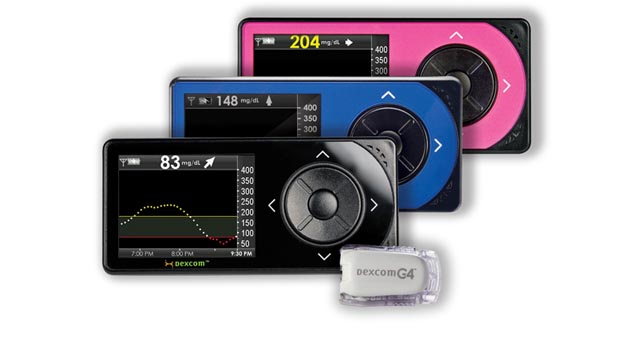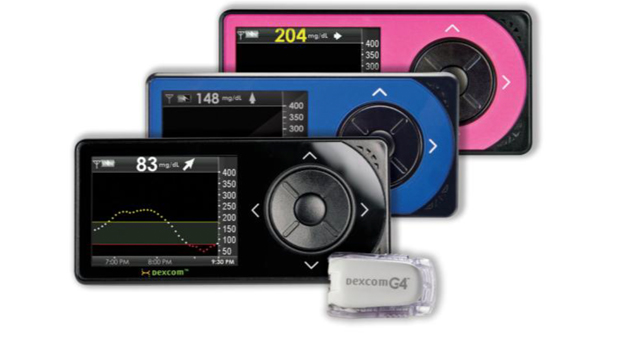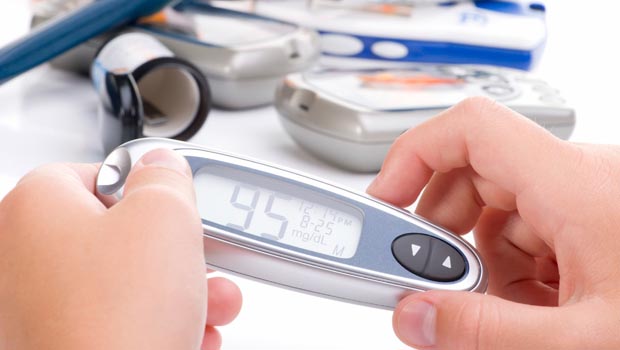RIP, A1cNow
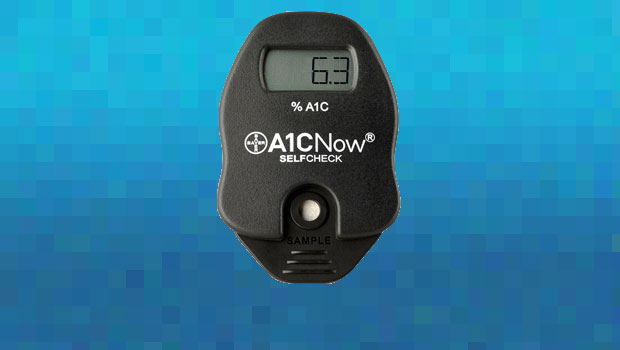
According to a Forbes article published recently by Diabetic Investor editor David Kliff, Bayer will stop producing it’s A1cNow SelfCheck kits by the end of 2013. If true, it may offer a cautionary tale about what can happen when outfits like Bayer Diabetes venture into the over-the-counter world, especially when the prescription device space is already under siege due to reduced test strip reimbursements from Medicare and other insurers.
A1cNow seemed like an idea whose time had come when it debuted in 2008. Dr. Steve Edelman, renowned founder of the non-profit Taking Control of Your Diabetes, was an early spokesman for the product, and when I helped his organization produce the Extreme Diabetes Makeover video series in 2010, we gave A1cNow tests to our group of patient participants for periodic checkups of their A1c progress.
A1cNow brought a lot of joy to the show’s participants. I specifically recall how delighted and proud Tim Smith, a Type 2 on insulin, was to see his progress with A1cNow. He began the Makeover program with an A1c of 11.7, but just six weeks into the program, it was 6.3. What a moment! All of the Makeover participants looked forward to their next A1cNow test. It was a measure of how far they had brought themselves, and it was there for all to see.
Bayer used some of the video footage featuring A1cNow from Extreme Diabetes Makeover (including Tim’s Shining Moment) in product presentations at the American Association of Diabetes Educators conference that summer. The diabetes educators were enthusiastic. At a suggested retail price of about $30 to $40, it seemed like a tool that could help motivate people to test more frequently, in hopes of getting the same positive feedback that Tim did. I’m certain that Bayer saw it as a strong complement to their Contour meters.
And now, it’s about to disappear. Presumably, A1cNow is a victim of sales that failed to meet expectations. Part of the problem may be that there was no substantial consumer marketing campaign promoting the value of A1c percentages, either in print or on TV. There are still hundreds of thousands, if not millions, of people with diabetes that would flunk a basic quiz on what an A1c percentage is and what it measures. Was Bayer supposed to carry the water for the entire diabetes community in explaining the benefits of its new product? That doesn’t seem like a fair demand of any single company, even a large and profitable one. And the erosion of test strip profits dictates that a product like A1cNow had to carry its own weight, rather than be subsidized by strips.
Many observers of the diabetes business will tie A1cNow’s discontinuation to Bayer’s possible withdrawal from the diabetes business entirely. A sale of Bayer Diabetes has been rumored for some time, but either the rumors are unfounded or there are no takers at a price Bayer would consider acceptable. With no firm answer one way or the other, I offer a slightly different view, in two parts:
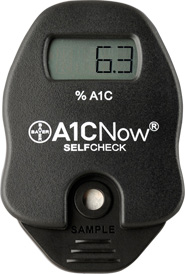 First, glucometers are commodities that are simple enough to make, at a relatively low cost. So, there is no barrier to entry for mass-market retailers like Walgreens and Walmart, who produce their own meter brands and consistently undersell branded products that must be specified by a physician writing a prescription. There was enough money to go around for all in the good old days, before Medicare and other insurers dropped the reimbursement value for test strips to a subsistence level. Now, every meter-maker has to be questioning what the value proposition is in a world without substantial test strip profits. Viewed in that light, Bayer Diabetes, a company built around glucometers, has to re-examine its business model.
First, glucometers are commodities that are simple enough to make, at a relatively low cost. So, there is no barrier to entry for mass-market retailers like Walgreens and Walmart, who produce their own meter brands and consistently undersell branded products that must be specified by a physician writing a prescription. There was enough money to go around for all in the good old days, before Medicare and other insurers dropped the reimbursement value for test strips to a subsistence level. Now, every meter-maker has to be questioning what the value proposition is in a world without substantial test strip profits. Viewed in that light, Bayer Diabetes, a company built around glucometers, has to re-examine its business model.
Second, A1cNow, unlike glucometers, is an over-the-counter product – no prescription required. It didn’t take long for Walmart, for example, to undercut A1cNow product with an A1c test kit of its own. Not only can WalMart make kits for less than Bayer, due to its highly automated Japanese production facilities, but it can skip the middleman markup. Walmart also can promote their brand near in-store pharmacies in a diabetes therapy context in more than 3,000 retail settings, where the messages are most likely to produce sales. Bayer, by contrast, had to resort to TV, online, and print advertising, all of which are at least one step removed from direct exposure to potential customers in a buying environment related to healthcare, and whose costs erode profit margins further. Also, Walmart, unlike Bayer or most other diabetes-focused companies, has plenty of ways to subsidize a loss leader, if its A1c test kit, ReliOn, even falls into that category.
Who are the losers here? Bayer probably fell substantially short of realizing the value it saw when it acquired Metrika, the originators of A1cNow. But the real losers are people with diabetes who could benefit from understanding any A1c home test kit’s value and use its results accordingly. Unless WalMart, Walgreens, CVS, or another large retailer decides to promote knowledge and value of A1c results, the widespread ignorance that breeds poorly-controlled diabetes will persist. It is the lost opportunity, not the death of a particular product, that should be mourned.
Thanks for reading this Insulin Nation article. Want more Type 1 news? Subscribe here.
Have Type 2 diabetes or know someone who does? Try Type 2 Nation, our sister publication.

